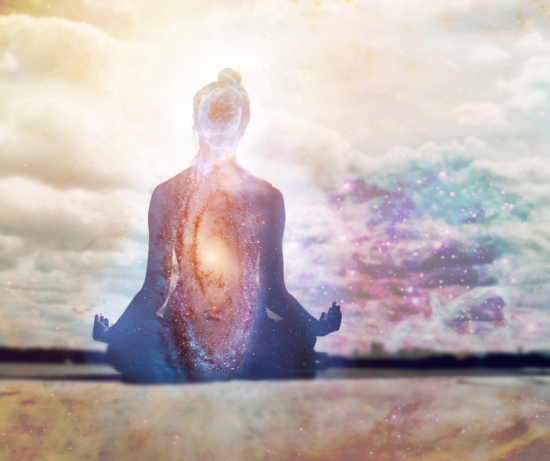Somatic coaching supports women in crisis or burnout.
In a world where the pace of life is constantly increasing, and the pressure to be efficient is becoming an everyday reality, more and more of us live in fatigue, overwhelmed, and feel burned out in various areas of life.
The moment we begin to realize that we no longer want to live like this and ask ourselves: what next? What change do I need? This is a turning point and an opportunity. Whether we use it or not depends on us only.
If the classic methods of coming up with solutions only from the level of the head turn out to be insufficient, because, for example, we don’t have enough inner energy to turn thoughts into reality. Then it is worth inviting the body to this conversation. Starting by building a base and restoring access to our internal resources.
You will find such an approach in somatic coaching.
What is somatic coaching?
Somatic coaching is based on the assumption that the body stores our emotions, stories, tensions and experiences. Unlike traditional forms of coaching, which focus mainly on analysis and rational thinking, somatic coaching incorporates into the process:
- body awareness,
- breath
- micro-movements and gestures,
- regulation of the nervous system,
- work with feelings and signals coming from within.
It’s a method that combines psychology, knowledge of the neurobiology of stress, and elements of working with the body to help you get back in touch with yourself.
Why is the body the key to change?
When we experience difficulties, stress or burnout, the body usually reacts faster than the mind. Which may appear as:
- tension in different areas of the body, e.g. shoulders, chest, abdomen,
- headaches, migraines
- sleep problems,
- a sense of disconnection from oneself.
Research on the nervous system shows that as long as the body is on alert, access to creativity, concentration or decision-making is limited. Somatic coaching helps to “reset” the system, regain a sense of security, and incorporate natural self-regulation abilities.
How does somatic coaching support women in crisis or burnout?
- Helps you get back in touch with your own needs
Many women find it difficult to ask themselves: “What do I really need right now?” By being mindful of the body and its signals, somatic coaching helps to see where in life the gap between what I do and what I need has arisen.
- Strengthens the ability to cope with stress
Somatic breathing techniques, working with muscle tension or with sensations in the body help regulate the nervous system. This, in turn, improves resistance to stress, reduces anxiety and promotes better decision-making.
- Makes it easier to get out of emotional overload
Crisis and burnout often bring difficult emotions: anger, sadness, frustration, a sense of helplessness. Somatic coaching helps you feel, name and process these emotions instead of suppressing or rationalizing them.
- Supports in recovering energy and agency
When the body calms down, the energy returns. And with it comes motivation to act, a sense of agency and greater clarity about the direction of change.
- Builds deep, lasting change
Somatic change is a change that is ingrained in the body, not a temporary decision. It is a new way of reacting, feeling and making choices. Thanks to this, women often say that they have “come back to themselves” after somatic work.
When is it worth reaching for somatic coaching?
This approach is particularly supportive when:
- you feel professional or emotional burnout,
- you are in the midst of a life crisis,
- you find it difficult to make decisions or feel inner chaos,
- your body “says stop” – through tension, pain, fatigue,
- you feel disconnected from yourself or your emotions,
- You are in the process of change and want to go through it in harmony with yourself.
What can you gain?
Women who use somatic coaching often notice:
- greater mindfulness and presence in the body,
- the ability to set boundaries,
- better regulation of emotions,
- regaining balance and cohesion,
- greater self-acceptance and kindness towards oneself,
- courage to make difficult decisions.
Somatic coaching is not a technique of “fixing yourself”, but a way to return to your own wisdom. It is a work that helps you feel, instead of just analysing; experience instead of control; react consciously, instead of automatically turning on learned defence mechanisms.
For many women, it becomes a space of relief, regeneration and deep, authentic change – one that begins in the body and then permeates all areas of life.
If you are interested in somatic coaching and this form of work resonates with your needs, don’t hesitate to contact me kontakt@exploreself.pl. Make an appointment for an online or in-person session.

 We live in a world where we have to make faster and faster decisions with less and less information. The stakes can be high.
We live in a world where we have to make faster and faster decisions with less and less information. The stakes can be high.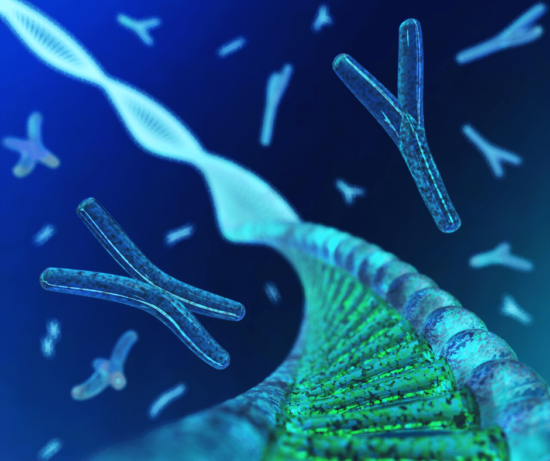 These are protein fragments at the ends of the chromosome that protect DNA from damage, when it is copied, during cell division, Telomere length affects overall longevity. Telomeres shorten during each cell division, which is why they become shorter and shorter with age. But not only with age.
These are protein fragments at the ends of the chromosome that protect DNA from damage, when it is copied, during cell division, Telomere length affects overall longevity. Telomeres shorten during each cell division, which is why they become shorter and shorter with age. But not only with age.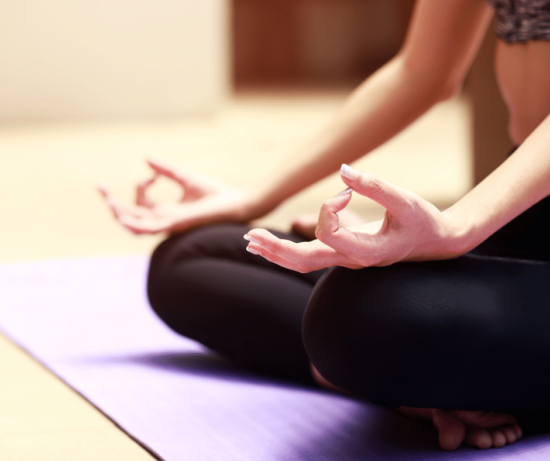
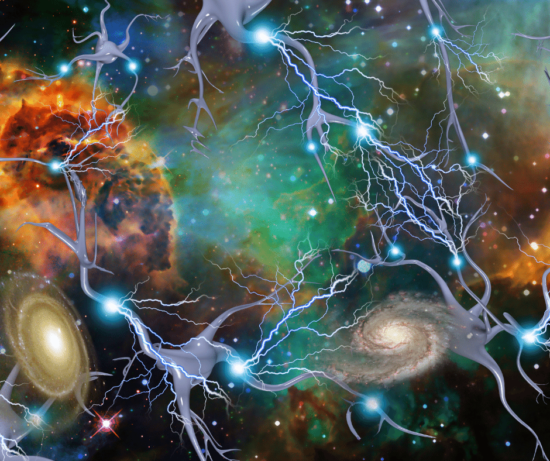 Your mind is not just your brain – it is also your whole body and your world of relationship with the environment. If your body’s microcosm and social world are part of the same field of energy and information, they can be integrated by the presence of your mind in the here and now. In this integration, you influence epigenetic processes, optimize the telomerase process, influence the change in the level of enzymes in your body.
Your mind is not just your brain – it is also your whole body and your world of relationship with the environment. If your body’s microcosm and social world are part of the same field of energy and information, they can be integrated by the presence of your mind in the here and now. In this integration, you influence epigenetic processes, optimize the telomerase process, influence the change in the level of enzymes in your body.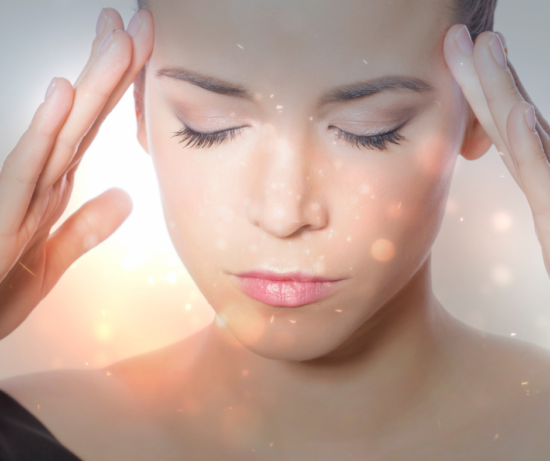 Pain is a sensory and emotional experience, it is subject to learning processes, which leaves traces of memory at various levels in our nervous system and throughout the body. Your body remembers, and because of this, previous pain experiences can affect your current experience of pain and the intensity of your pain experience.
Pain is a sensory and emotional experience, it is subject to learning processes, which leaves traces of memory at various levels in our nervous system and throughout the body. Your body remembers, and because of this, previous pain experiences can affect your current experience of pain and the intensity of your pain experience.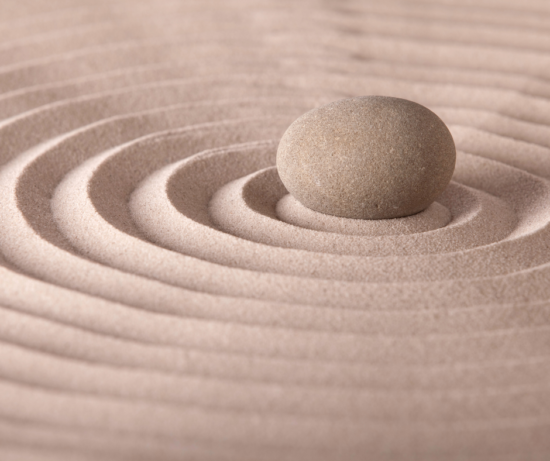 Our negative emotions about living with pain reinforce our perception of pain and the circle closes, the vicious circle of experiencing pain. And this is not the only vicious circle, because at the level of our physiology we also wind up a spiral of pain. Pain increases muscle tonus, which leads to impaired functioning of the endocrine, immune and nervous systems. Interestingly, researchers of these issues believe that the mechanism of the physiological vicious circle can occur both when the root cause of pain is somatic in nature and when it is of an emotional nature!
Our negative emotions about living with pain reinforce our perception of pain and the circle closes, the vicious circle of experiencing pain. And this is not the only vicious circle, because at the level of our physiology we also wind up a spiral of pain. Pain increases muscle tonus, which leads to impaired functioning of the endocrine, immune and nervous systems. Interestingly, researchers of these issues believe that the mechanism of the physiological vicious circle can occur both when the root cause of pain is somatic in nature and when it is of an emotional nature! To begin with, I encourage you to take a piece of paper and something to write, find a quiet place, calm your mind, and then answer the following questions with honesty. You can answer all questions or the chosen ones, and maybe only one that will move you the most.
To begin with, I encourage you to take a piece of paper and something to write, find a quiet place, calm your mind, and then answer the following questions with honesty. You can answer all questions or the chosen ones, and maybe only one that will move you the most. I also encourage you to release from the memory of cells, tissues any blocked emotions, which cause a lot of tension in the body and affect its functioning, through the body work, for example, craniosacral therapy. This method supports the nervous system and thanks to its gentleness works with the body without forcing anything on it, which in my opinion is very important when the body is strained with pain.
I also encourage you to release from the memory of cells, tissues any blocked emotions, which cause a lot of tension in the body and affect its functioning, through the body work, for example, craniosacral therapy. This method supports the nervous system and thanks to its gentleness works with the body without forcing anything on it, which in my opinion is very important when the body is strained with pain.